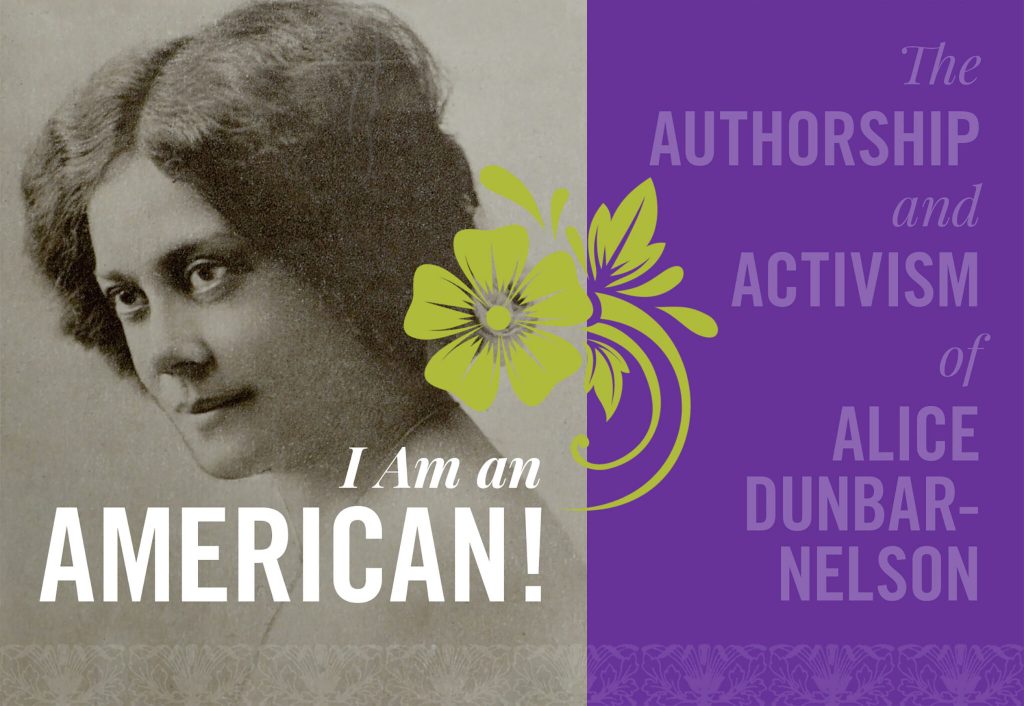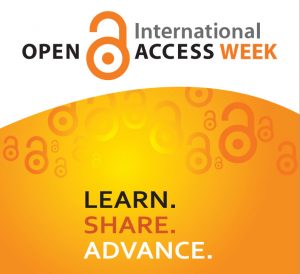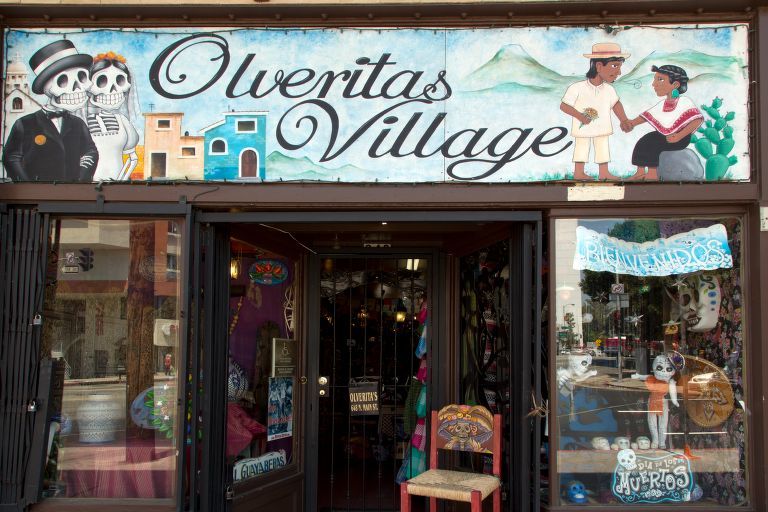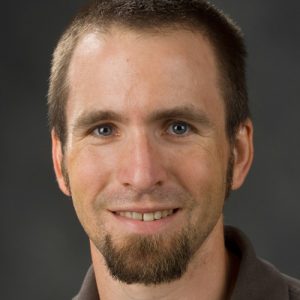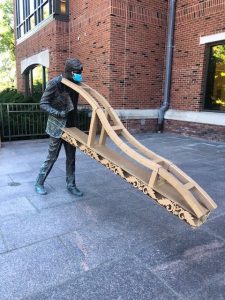Visit this exhibit at https://rosenbach.org/virtual-exhibits/
“ALICE DUNBAR-NELSON (1875–1935), poet, novelist, journalist, teacher, diarist, women’s suffrage organizer, civil rights leader, lecturer, political leader, and survivor of intimate partner violence, is a hero for our time. She combined her skills as an author and political activist to fight for social change.
“Born into the first generation of Black Americans after the end of slavery, Dunbar-Nelson represents a bridge between the Reconstruction Era following the Civil War and the civil rights movement of the mid-1900s. Her writings and social causes, which centered on race, gender, and power, feel as urgent today as they did during Dunbar-Nelson’s lifetime.”
As you explore the exhibition, we invite you to consider how Alice Dunbar-Nelson’s life and work can inspire residents of the United States today. How much has changed for women (especially women of color), LGBTQ+ people, Black Americans, and other people of color since Dunbar-Nelson pursued her activism in the early 20th century? How can we carry on the work she started? How can artifacts found in museums, libraries, and archives help us discover previously overlooked historical figures?

